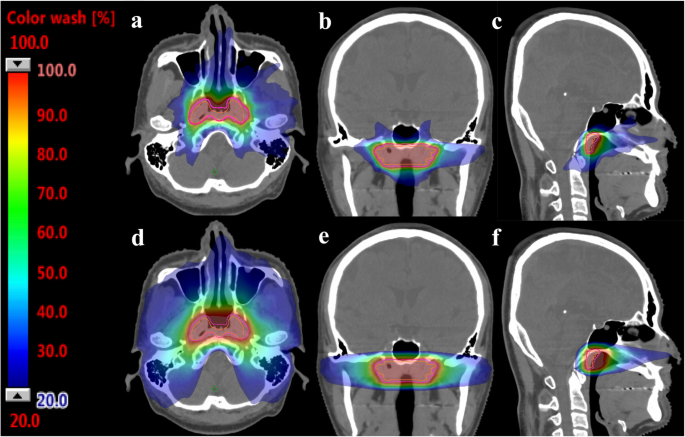A groundbreaking multi-institution Phase III trial led by The University of Texas MD Anderson Cancer Center reveals that intensity modulated proton therapy (IMPT) provides significant benefits for patients with oropharyngeal cancer. Compared to traditional intensity modulated radiation therapy (IMRT), IMPT showed similar progression-free survival rates but significantly reduced malnutrition and feeding-tube dependence. With a median follow-up of three years, IMPT achieved an 83% progression-free survival rate, and its precision delivery minimized damage to nearby healthy tissues. This study suggests IMPT could become a new standard-of-care in head and neck cancer treatment.

Proton beam therapy offers several advantages for treating head and neck cancers:
- Precision: Proton therapy targets tumors with high precision, sparing surrounding healthy tissues and critical structures.
- Reduced Side Effects: Patients experience fewer side effects such as severe malnutrition and feeding-tube dependence.
- Effective Tumor Control: It provides similar or better tumor control compared to conventional radiation therapies.
- Quality of Life: Patients maintain a better quality of life due to reduced treatment-related complications.
These benefits make proton therapy a promising option for head and neck cancer patients.
